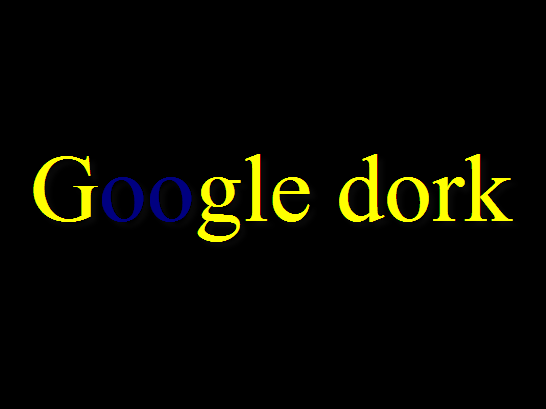[Security] Obama Says So Long SOPA, Killing Controversial Internet Piracy Legislation
The growing anti-SOPA (Stop Online Piracy Act) support that has swept through the gaming and Internet community found a very big ally today. With websites like Reddit and Wikipedia and gaming organizations like Major League Gaming prepared for a blackout on January 18th – the same day that the House Judiciary Committee hearing on HR 3261was scheduled in Washington, DC – President Barack Obama has stepped in and said he would not support the bill. SOPA has been killed, for now.
Much to the chagrin of Hollywood, the Entertainment Software Association (which has been a backer of the bill from early on), and Internet domain company GoDaddy.com (which lost many accounts as a result of its support for the bill); SOPA has been shelved. The Motion Picture Association of America, one of the bill’s largest sponsors, is expected to regroup.
California congressman Darrell Issa, who has been opposed to the bill from the beginning, praised the Internet action that has swept like a virus across the Web the past week.
“The voice of the Internet community has been heard,” said Issa. “Much more education for members of Congress about the workings of the Internet is essential if anti-piracy legislation is to be workable and achieve broad appeal.”
But there remains another similar bill, Protect IP (the Enforcing and Protecting American Rights Against Sites Intent on Theft and Exploitation Act), that poses a problem for gamers and Internet users. This legislation is scheduled to go before the Senate on January 24th.
Both SOPA and Protect IP attempt to combat online piracy by preventing American search engines like Google and Yahoo from directing users to sites distributing stolen content. Both bills also would enable people and companies to sue if their copyright was infringed. Obama has come out against both bills, which killed SOPA and puts pressure on senators come January 24th. The full White House response can be read here.
“Any provision covering Internet intermediaries such as online advertising networks, payment processors, or search engines must be transparent and designed to prevent overly broad private rights of action that could encourage unjustified litigation that could discourage startup businesses and innovative firms from growing,” said The White House. “We expect and encourage all private parties, including both content creators and Internet platform providers working together, to adopt voluntary measures and best practices to reduce online piracy.”
Just like piracy itself, this debate isn’t over. Expect more bills to move forward, although the wording in future legislation is expected to be more narrowly focused in an attempt to appease the current administration. But given the current economic climate and the upcoming Presidential election, there could be a different administration entering The White House soon, changing the landscape for these types of bills.
Much to the chagrin of Hollywood, the Entertainment Software Association (which has been a backer of the bill from early on), and Internet domain company GoDaddy.com (which lost many accounts as a result of its support for the bill); SOPA has been shelved. The Motion Picture Association of America, one of the bill’s largest sponsors, is expected to regroup.
California congressman Darrell Issa, who has been opposed to the bill from the beginning, praised the Internet action that has swept like a virus across the Web the past week.
“The voice of the Internet community has been heard,” said Issa. “Much more education for members of Congress about the workings of the Internet is essential if anti-piracy legislation is to be workable and achieve broad appeal.”
But there remains another similar bill, Protect IP (the Enforcing and Protecting American Rights Against Sites Intent on Theft and Exploitation Act), that poses a problem for gamers and Internet users. This legislation is scheduled to go before the Senate on January 24th.
Both SOPA and Protect IP attempt to combat online piracy by preventing American search engines like Google and Yahoo from directing users to sites distributing stolen content. Both bills also would enable people and companies to sue if their copyright was infringed. Obama has come out against both bills, which killed SOPA and puts pressure on senators come January 24th. The full White House response can be read here.
“Any provision covering Internet intermediaries such as online advertising networks, payment processors, or search engines must be transparent and designed to prevent overly broad private rights of action that could encourage unjustified litigation that could discourage startup businesses and innovative firms from growing,” said The White House. “We expect and encourage all private parties, including both content creators and Internet platform providers working together, to adopt voluntary measures and best practices to reduce online piracy.”
Just like piracy itself, this debate isn’t over. Expect more bills to move forward, although the wording in future legislation is expected to be more narrowly focused in an attempt to appease the current administration. But given the current economic climate and the upcoming Presidential election, there could be a different administration entering The White House soon, changing the landscape for these types of bills.
[Via]



Comments
Post a Comment
Để lại góp ý của bạn để blog của mình hoàn thiện hơn :))